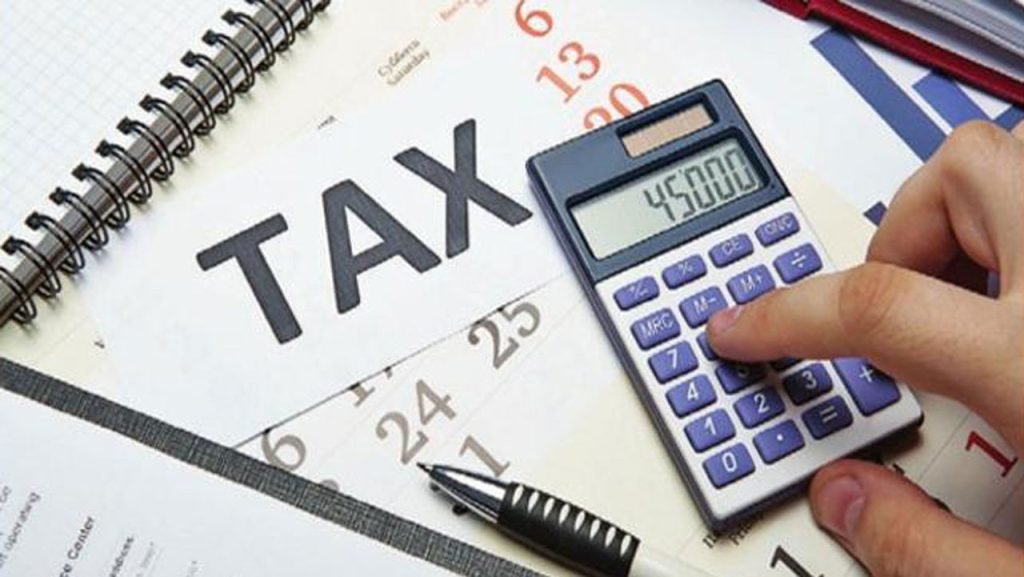
By Yemisi Arole
The governors of 19 northern states under the aegis of the Northern States Governors’ Forum (NSGF) rose from their meeting with traditional rulers from the zone recently and announced that they have rejected the new tax reform bills sent to the National Assembly as by President Bola Tinubu.
The bills, among other things, seek to raise the value-added tax (VAT) from 7.5 per cent to 10 per cent by 2025, with further increases to 12.5 per cent from 2026 to 2029, and 15 per cent from 2030 onwards. It also provides for derivation-based VAT distribution, the part the northern governors are kicking against.
Under the current law, VAT is allocated in a 15 per cent, 50 per cent and 35 per cent split to the Federal Government, state governments (including the Federal Capital Territory) and local governments, respectively.
For the portion attributable to states, states retain 20 per cent of the VAT revenue collected within their borders while 30 per cent of the VAT is distributed based on the population just as the remaining 50 per cent is shared on the equality principle.
To address inequality, the Presidential Fiscal Policy and Tax Reforms Committee headed by Taiwo Oyedele proposed the derivation-based tax model.
Under the new proposal, 60 per cent of the VAT revenue would be distributed based on derivation.
President of the Association of Certified Fraud Examiners (ACFE), Dr. Titilayo Fowokan, said that based on the new derivation-based principle it is possible that some states will have more VAT allocation based on collection than the Northern States due to the limitation in the consumption of some products in those states.
She said that is the concern that the Northern States are expressing by the call for withdrawal of the Tax Reform Bills.
However, she said: “The concerns can be addressed without necessarily withdrawing the bills once the Legislature commences the engagement sessions. Appropriate representations can be made to address further review of the relevant aspects of the bills that require further reviews.”
On his part, a professor of accounting and financial development at Lead City University, Prof. Godwin Oyedokun, said that those protesting against the bill have possibly not read it.
He said it would have been better for the northern governors to request a presentation by the tax reform committee so that they could have a better understanding of the issues.
If they have any reservations, they could sponsor it as a memorandum for the National Assembly to consider and possibly include it in the bill before passage.
The Lead Director of the Centre for Social Justice (CSJ), Eze Onyekpere, warned that increasing a regressive tax like VAT, is not a fit and proper practice, especially at a time of stagflation.
He said the five per cent telecom tax will also be a burden on poor Nigerians.
“Even though some goods will be exempted from VAT, this will not be sufficient to reduce the harsh impact of the new VAT regime,” he said, adding that it is insensitive of the government to be increasing VAT at a time the country is under severe inflation.
He said that would only ensure that inflation continues on the upward swing.
“The cost of living will continue to increase and beyond the affordability threshold for the majority of the population. This is not the pathway to recovery and would further deepen poverty and misery in Nigeria,” he said.








